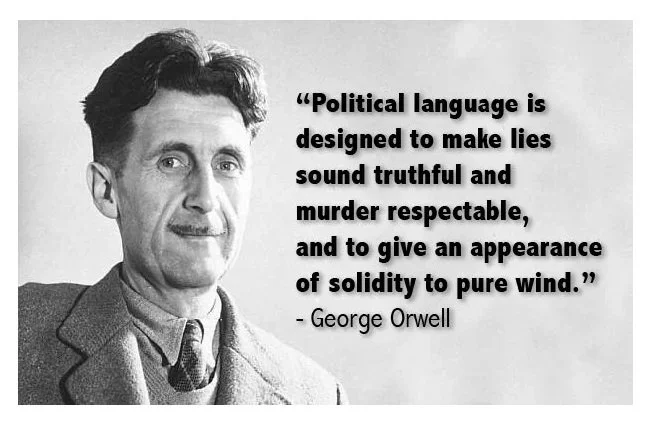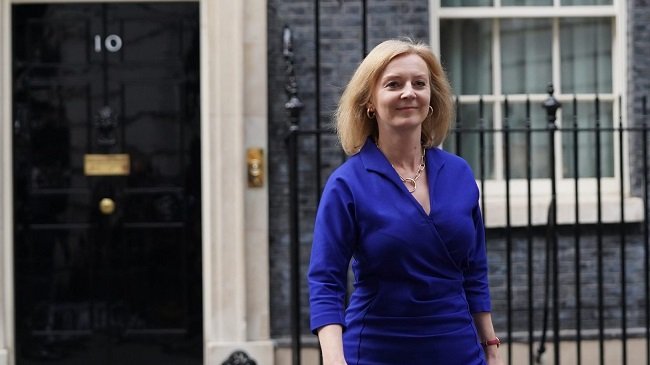The New Prime Minister of the United Kingdom
From time to time, I have written what can broadly be classified as political posts. Most of these have been designed to present an overview to those readers who live outside of the UK and may not be familiar with the subtleties of British politics. Furthermore, I am not affiliated to any of the major UK political parties and broadly see myself as politically homeless at present. This post is a brief overview on today’s change in UK Prime Minister and is intended to explain how this situation has occurred and what happens next.
In the 2017 General Election the Conservative Party managed to bolster its reduced numbers in the House of Parliament by doing a deal with the Democratic Unionist Party of Northern Ireland, thus having sufficient seats to form a government. The leader of the Conservative party was at that time Theresa May, so by default she became the 54th Prime Minister of the UK. However, the issue of Brexit currently falls outside of traditional party lines and therefore cannot be seen purely as a “Left versus Right” problem. The Conservative Party has been and remains divided over Brexit and Theresa May has been fighting a running battle not only with opposition parties but with half of her own backbenchers. Due to current parliamentary arithmetic she has been unable to find any support for her Brexit Withdrawal Agreement and effectively lost the ability to lead her own party. Her departure from the office of Prime Minister is down to her own party, who concluded that she couldn’t deliver Brexit in a manner deemed suitable nor win a General Election. Hence, she was politically forced to go.
So in recent weeks there has been a “battle” to become the next leader of the Conservative party because that leader will by default become the next Prime Minister. Needless to say early opinion polls showed the Ex-Foreign Secretary and former Mayor of London Boris Johnson was heading for a substantial victory. Yesterday it was announced that he had won the leadership race against the current Foreign Secretary Jeremy Hunt, by 92,153 to 46,656 votes. Now, it is very important to stress that this was not in anyway, a public vote. This was a vote of Conservative Party members; the members of the general public who are sufficiently engaged politically to pay their subscriptions fees and join the Conservative Party. It wasn’t a vote for Prime Minister but a vote on who would be the new leader of the party. But because that party is currently in government, then that new party leader automatically steps into the role of Prime Minister. Therefore the leader of the 5th largest economy in the world was decided by 138,809 people. The current electorate of the UK is 46.8 million people.
As of this afternoon, Theresa May has visited The Queen and formally resigned her premiership. Boris Johnson will subsequently have an audience with Her Majesty and state his intentions to form a government. Once these formalities have been addressed, he will return to 10 Downing Street and take residence. His next immediate duty is to sign the “letters of last resort”. These are four identically worded handwritten letters from the Prime Minister of the United Kingdom to the commanding officers of the four British ballistic missile submarines. They contain instructions to retaliate or not to retaliate against a nuclear strike, or for the Commander to use their own judgement or to place the vessel under command of an Allied Power. Once this has been done, then it is a question of politics. No doubt the new Prime Minister will make a formal statement to the British public before then proceeding with forming a new cabinet. Political opponents will be dismissed and those loyal, or invaluable will be given new positions. It should be noted that Boris Johnson is a controversial figure within his own party. That combined with current Brexit divisions means that some MPs will not work with him. Several Ministers have already resigned.
What happens in the next few weeks of Prime Minister Johnson’s term of office is much harder to predict. He has stated that he means to return to the EU and “re-open Brexit negotiations, although there is little or no political will from Europe to do such things. There is still very strong political resistance against “no deal” in parliament across all parties. Will there be any tangible movement on Brexit? I’m not so sure. Then there is the issue of international relationships and due to the shadow of Brexit, will there be a shift towards the greater ties with the US and its current incumbent president. There some in the UK that would like to see a Prime Minister that followed suite with President Trump and pursued a similarly unorthodox approach to government. One that is happy to break with tradition and existing perceived wisdom. Yet there are others both at a parliamentary level and as registered voters that are deeply sceptical of Boris Johnson, his political track record, associations and overall approach to politics.
If the new Prime Minster finds himself stymied on all fronts it may well lead to another general election. There is the possibility of a vote of no confidence by MPs or Prime Minister Johnson may well take a calculated risk to hold an election himself to give his position political legitimacy and to seek to increase the Conservative majority in parliament. It should be noted that one of the reasons that Johnson was voted into office by party members, is because he’s one of the few politicians that is recognised nationally. Because a substantial percentage of the UK electorate are not greatly politically engaged, he has the advantage of brand recognition and is perceived as affable and a charismatic. Therefore Conservative party members hope he be able successfully win a further term of office for the current government. Yet the recent Local Council Elections along with the European Election showed that the country remains divided and broadly entrenched in its political positions. I’m not sure if such a gamble would payoff or make any significant difference to the parliamentary landscape.
Effectively it is now just a question of time and waiting to see where Prime Minister tries to go politically. Will he pursue a dogmatic approach to Brexit or will he prove to be more pragmatic and flexible to get this extremely difficult matter resolved? Or will he be politically consumed by his Premiership as his predecessor? As for the man himself and the controversy surrounding him, I will leave that to others to analyse as they have far more information at their disposal than I. Here is a link to an article in today’s Washington Post by Ian Dunt is the editor of Politics.co.uk, in which he scrutinises Boris Johnson and reflects upon both his political and private personas.





























